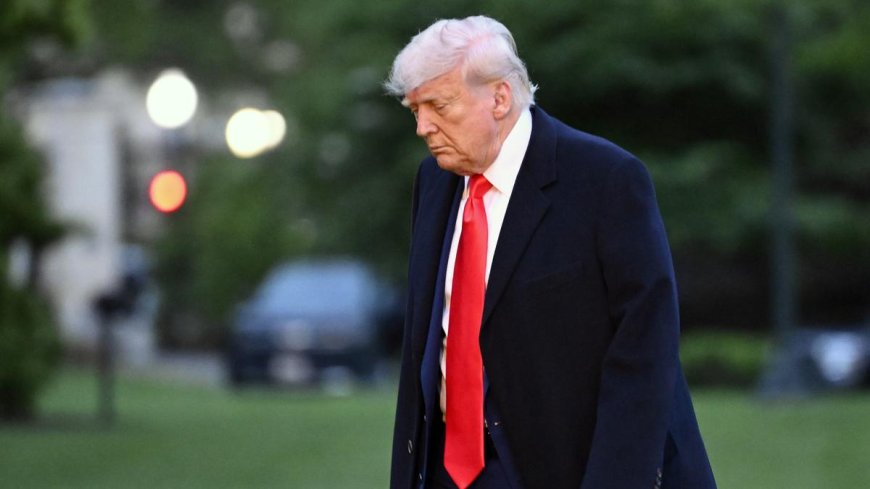Trump threatens Apple with 25% tariffs if iPhone assembly doesn’t move to U.S.

Trump Threatens Apple with 25% Tariffs if iPhone Assembly Doesn’t Move to U.S.
Breaking News, Daily Updates & Exclusive Stories - asarkari
In a bold move that has sent ripples across the tech industry, former President Donald Trump has issued a stark warning to Apple, declaring a potential 25% tariff on iPhones if the company does not relocate its assembly operations back to the United States. This statement, made during a recent visit to Doha, underscores Trump’s ongoing commitment to revitalize American manufacturing and create jobs within the country.
The Context of the Threat
Mr. Trump’s demand comes in the wake of his long-standing advocacy for American companies to bring manufacturing jobs back home. He has consistently voiced concerns about the impact of outsourcing on the U.S. economy. While visiting Doha, Trump reiterated that he desires complete iPhone manufacturing in the U.S., a statement that reflects his broader economic strategy to bolster domestic production.
His proposal, however, raises questions about the practicality and implications for Apple, a company that relies heavily on its extensive international supply chain. The tech giant assembles a significant number of its products in China, offering low labor costs that contribute to its profitability.
The Impact on Apple and Consumers
If Trump’s tariff threat were to be enacted, the repercussions could be severe for both Apple and U.S. consumers. A 25% tariff on iPhones could significantly increase the retail price of the devices, potentially leading to lower sales and customer dissatisfaction. Many analysts have pointed out that the tech industry is highly competitive, and price increases might drive consumers towards alternative brands with more affordable options.
Economic Ramifications
The economic implications of this decision could be extensive. A shift in assembly operations to the U.S. could create jobs and offer a boost to the domestic economy, yet it could also result in higher operating costs for Apple, which may pass on these expenses to consumers. Economists warn that tariffs can lead to unintended consequences, including inflation and disrupted trade relations.
The Public Reaction
Public reaction to Trump’s statements has been mixed. Supporters of domestic manufacturing see this as a necessary step towards an independent economy, while critics argue that it could harm consumers and might not result in the desired job growth. The tech community, in particular, is watching closely, given Apple’s significant influence in the market.
Conclusion
As the debate over U.S. manufacturing continues, Trump's latest ultimatum poses a critical challenge for Apple. The tech giant now faces a complex decision: whether to heed Trump's demands and shift its operations, or to maintain its current strategy that has served it well over the years. As this situation evolves, it will undoubtedly shape the future of tech manufacturing in the U.S., and consumers will bear the brunt of the financial repercussions. Stay tuned for updates on this developing story.
For more updates, visit asarkari.com
Keywords:
Trump tariffs Apple iPhone assembly U.S. manufacturing economic impact tech industryWhat's Your Reaction?
 Like
0
Like
0
 Dislike
0
Dislike
0
 Love
0
Love
0
 Funny
0
Funny
0
 Angry
0
Angry
0
 Sad
0
Sad
0
 Wow
0
Wow
0










































